Affiliate links on Android Authority may earn us a commission. Learn more.
Why Samsung killing the Note 7 was absolutely the right move
October 11, 2016
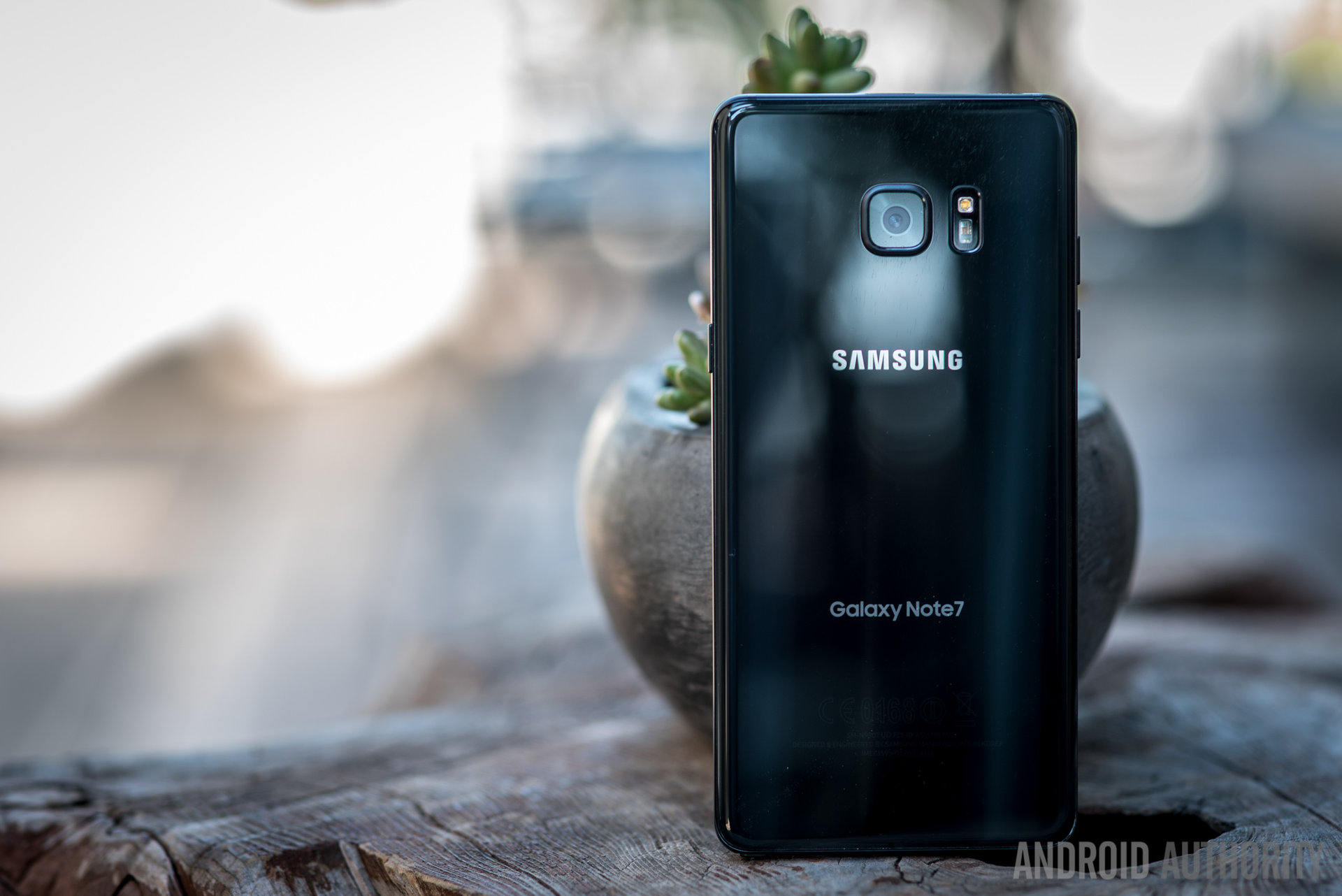
Samsung officially discontinuing the Galaxy Note 7 might have come as a little bit of a surprise to some. After all, if the company could get the device back on shelves it could potentially still make $10 billion in sales over the next year. But killing off the embattled Galaxy Note 7 brand sooner rather than later was actually a much wiser move. Here’s why Samsung made the right decision.
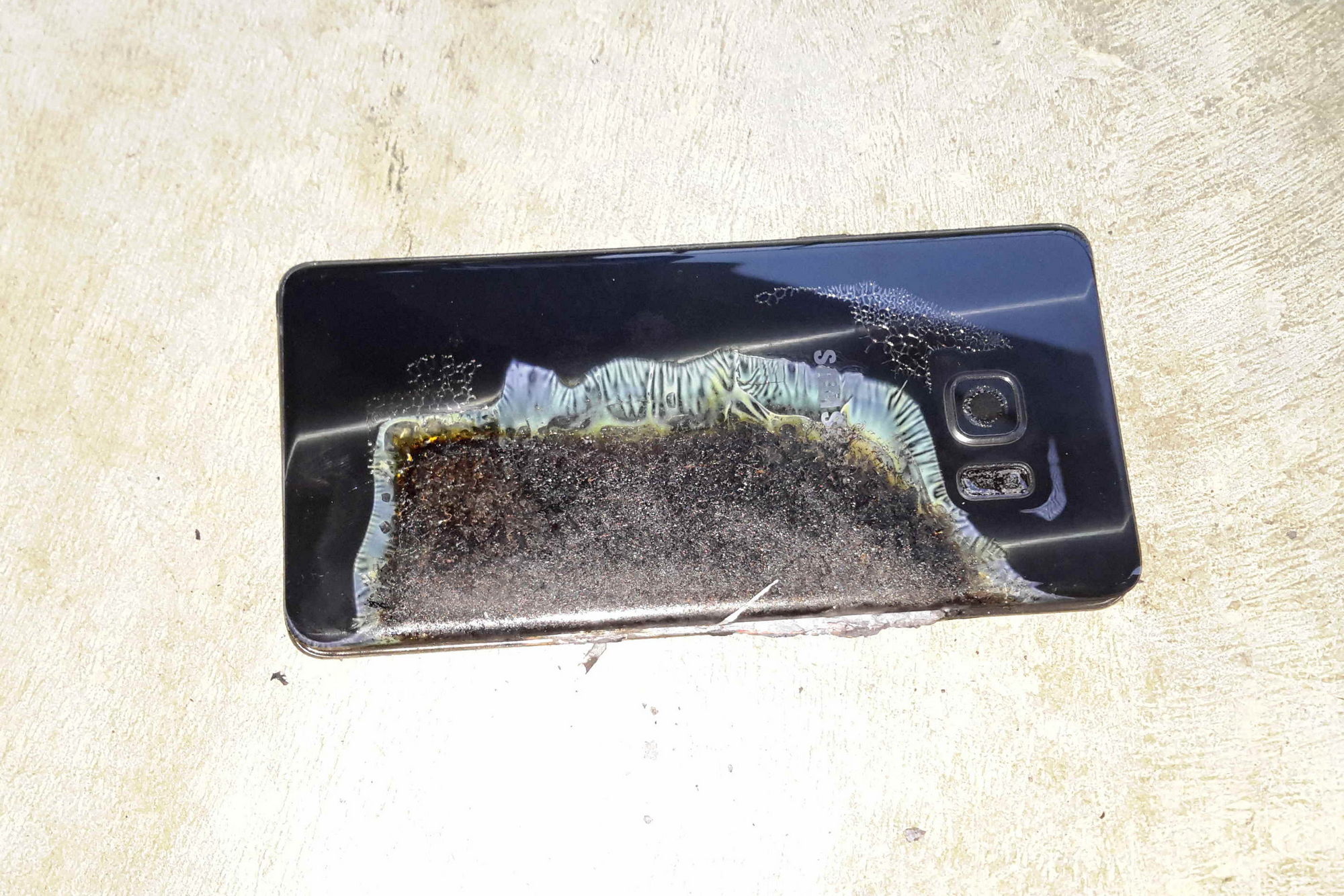
Samsung is huge. So huge that it currently has around $70 billion dollars just in cash (that’s on top of its quarter-trillion dollar valuation). Samsung, more than any other company besides Apple, is capable of weathering a storm of this scale and surviving to tell the tale.
The value of the Samsung brand is worth much more than the potential sales revenue of one device.
Sure, the $17 billion in lost Note 7 sales are going to make a pretty serious dent in the company’s finances (not to mention its stock market value), but distancing itself from a fiasco of this magnitude as quickly as possible was always going to be critical. After all, the value of the brand itself is worth much more than the potential sales revenue of one device.
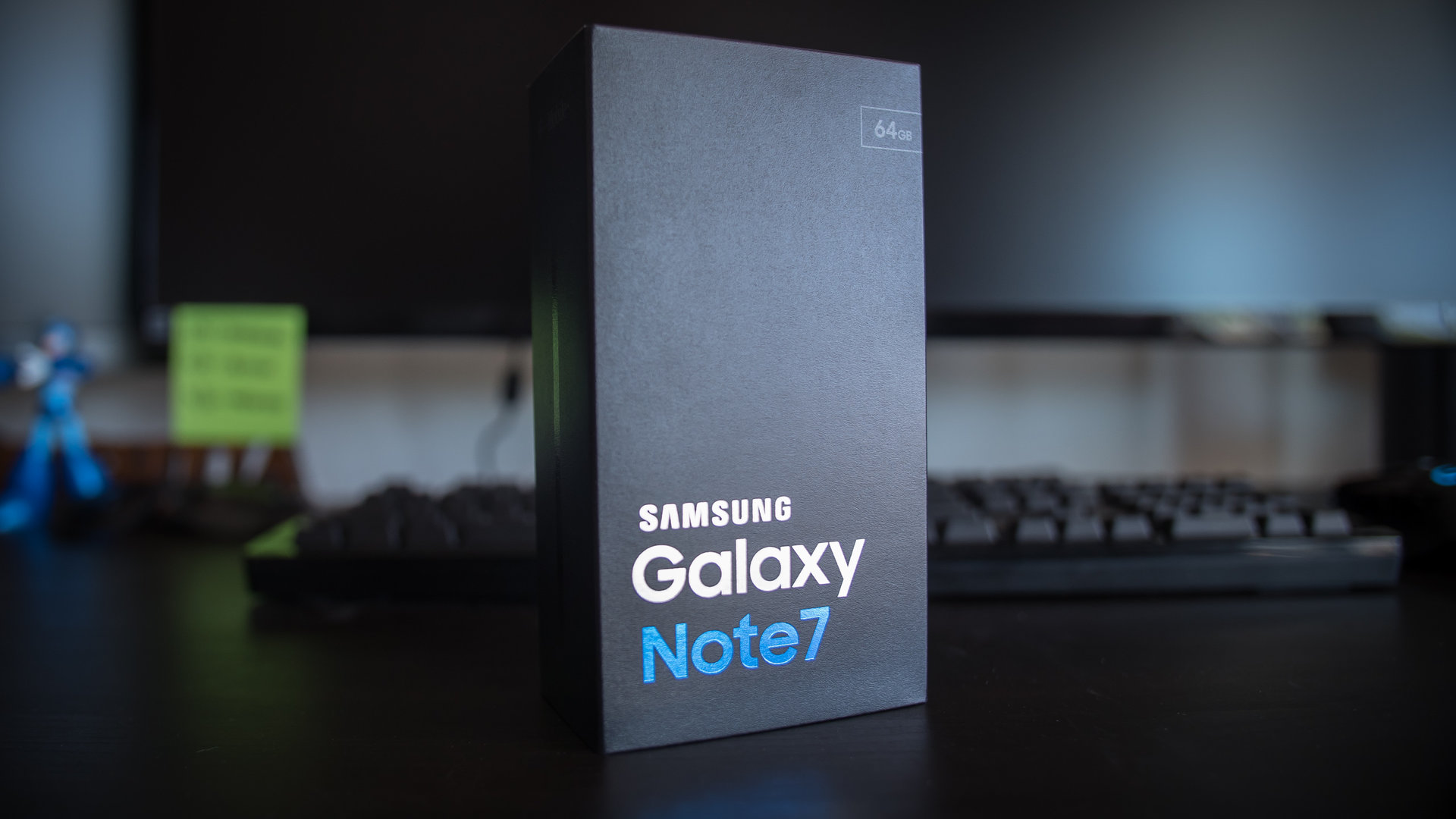
Total recall
Samsung handled the recall well right from the beginning, opting to voluntarily recall millions of potentially defective Galaxy Note 7’s when only a tiny percentage were likely to be dangerous. The ambition was to head off the bad press early and put a stop to any more “exploding Samsung phone” stories before things got out of hand and the collateral damage extended beyond the Note 7.
Samsung had to put a stop to the problem before the collateral damage extended beyond the Note 7.
But the recall process was slow, many Note 7 owners refused to exchange their devices, explosion stories continued to appear and then, in the rush to get replacement units into customer’s hands, the same battery defect affected supposedly safe Note 7’s around the globe. This was the decisive moment.
Facing a fork in the road, Samsung had to choose between continuing its efforts at damage control and again attempting to get safe Galaxy Note 7’s on shelves or to cut its losses and move on. Today’s decision to permanently discontinue Galaxy Note 7 production and sales is Samsung’s answer to that dilemma. Despite significant costs, it was ultimately the right choice.

Better the devil you know
Assuming Samsung could have eventually put the battery issue to bed, and assuming the re-certification process could have happened in sufficient time to get the new Note 7 out before the Galaxy S8 launch early next year, the company still would have spent the final quarter of 2016 in damage control mode with the very real possibility of more as-yet-unknown problems. A third round of defective Note 7’s would have been far worse than killing the device off.
A third round of defective Note 7's would have been far worse than killing the device off.
Samsung tried to rectify the problem, as any company would, and failed. But the situation got to the point where the company needed to act before any more significant injury or property damage arose out of delaying the inevitable. By putting an early end to the Note 7 problem, Samsung can now move on from the controversy more quickly, refocus its efforts on upcoming devices and show it is willing to take a pretty major hit on the chin in the interests of public safety.
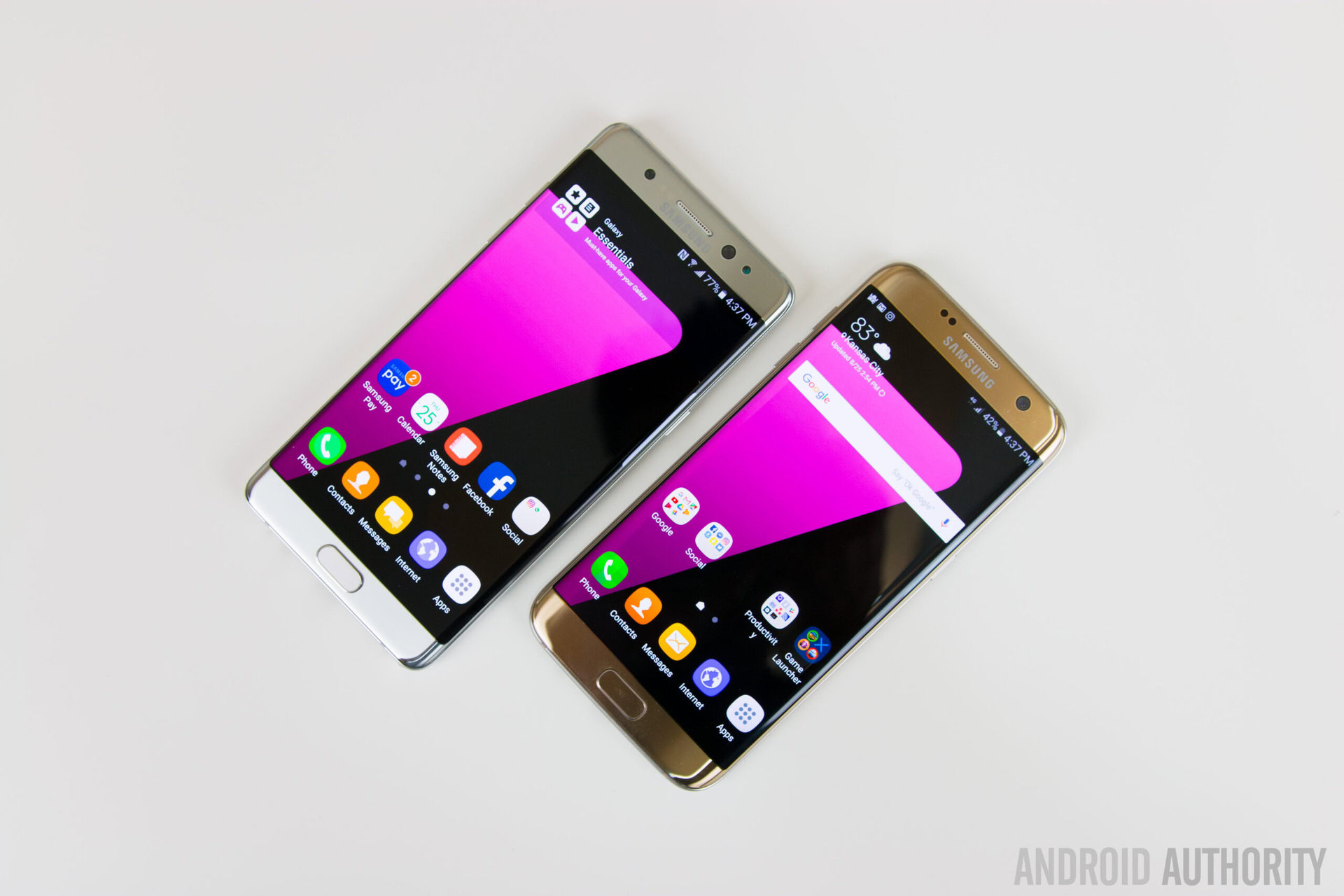
Moving on
At this point, it’s safe to say that the Note 7 brand – but not the Note brand generally – is unsalvageable. Even if Samsung were able to successfully deal with the safety issues, the presence of the Note 7 brand would only serve to remind the smartphone-buying public of the issues it endured. Some experiences are better left repressed than aired publicly and there’s no doubt Samsung is keen to move on from this as quickly as possible.
Perhaps more than anything else, exorcizing the Note 7 demon sooner rather than later puts a period at the end of the Note 7 sentence. From here on out it’s just mopping up: rounding up devices, offering refunds and compensation, disposing of defective units and completing the investigation into the cause of the problem.
Exorcizing the Note 7 demon sooner rather than later puts a period at the end of the Note 7 sentence.
While Samsung can’t exactly distance itself from the damage the Note 7 has already done to the company’s name, it can circumscribe that damage by ceasing to produce the vehicle of the controversy.
Identifying and eliminating the cause of the defective batteries is of paramount importance now. Several Galaxy S7’s have already suffered similar battery fires, so the last thing Samsung needs is the problems of the already-terminal Note 7 infecting its other flagship line and vast array of mid-range and entry-level devices.
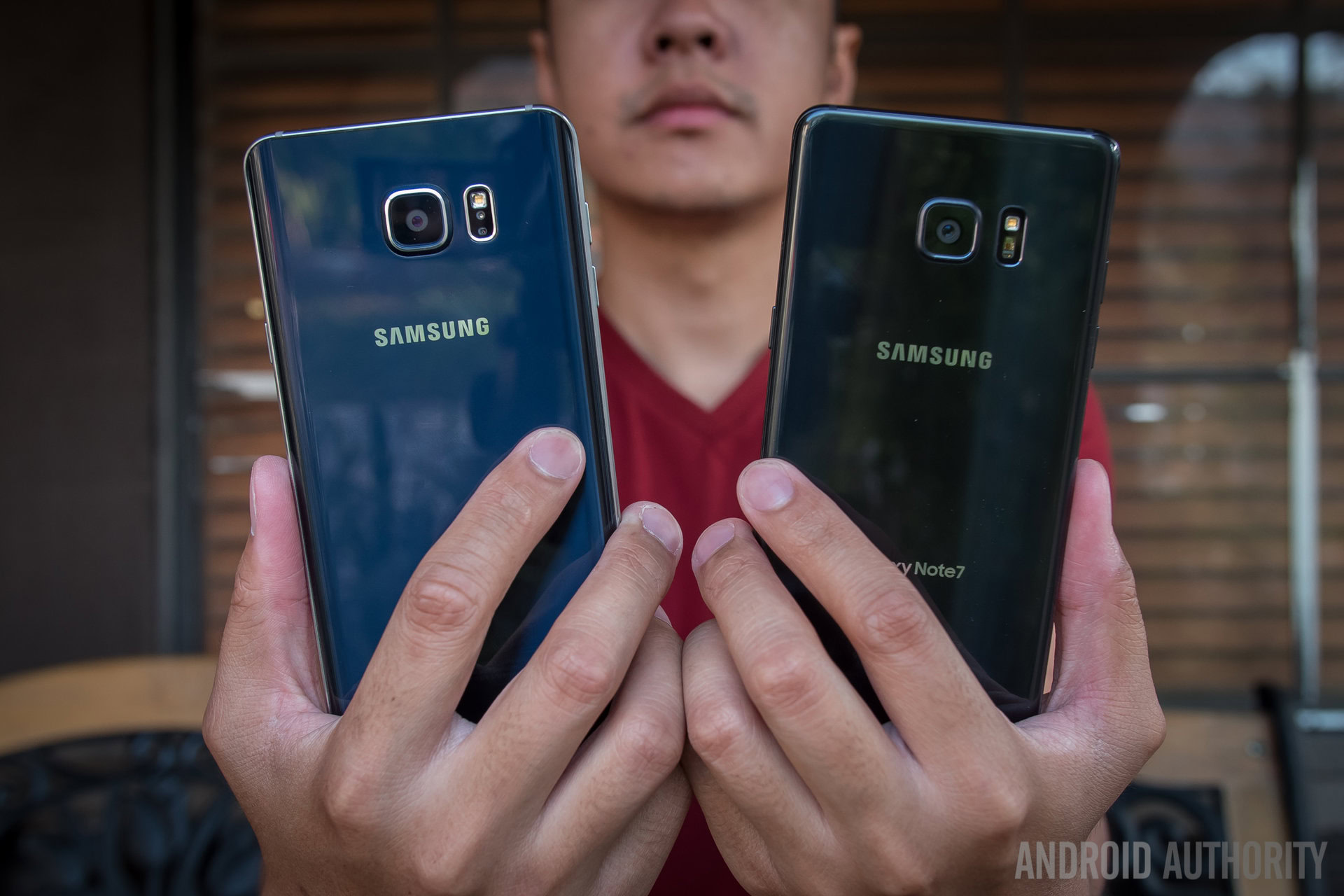
The Galaxy S8
The success of the S series is now more important than ever before, so a drama-free rollout of the Galaxy S8 has never been more critical. This is where Samsung’s attention needs to be focused: on the future rather than the past. There’s no doubt that the Galaxy Note 7 fiasco will linger like a bad smell for the rest of the year despite Samsung’s discontinuation, with more fires sure to hit the front page and untold months of backlash, compensation and investigation yet to come.
Samsung's attention needs to be focused on the future and the Galaxy S8 launch rather than the past.
On the positive side for Android fans, the Google Pixel line just got its best-possible entry into the market and as mentioned above, if any company can weather this storm, it’s Samsung.
I highly doubt the Note brand is sufficiently damaged to warrant its cancellation. Carriers may wisely shift their advertising focus away from Samsung phones in the lead up to the holiday season, but that will all change when the S8 is launched next year.
In spite of the disastrous Note 7, Samsung still make outstanding phones and will continue to do so for years to come.
Consumers move on quickly from scandals like this. In spite of the disastrous Note 7, Samsung still makes outstanding phones and will continue to do so for years to come. Once the battery issue gets dealt with, why would you not buy another Samsung device in future? So while this has been an incredibly disappointing end for one of the best Android smartphones ever, in the final analysis, things could have certainly been much worse.
To what degree has this affected your perception of Samsung? Will it change your buying preferences?